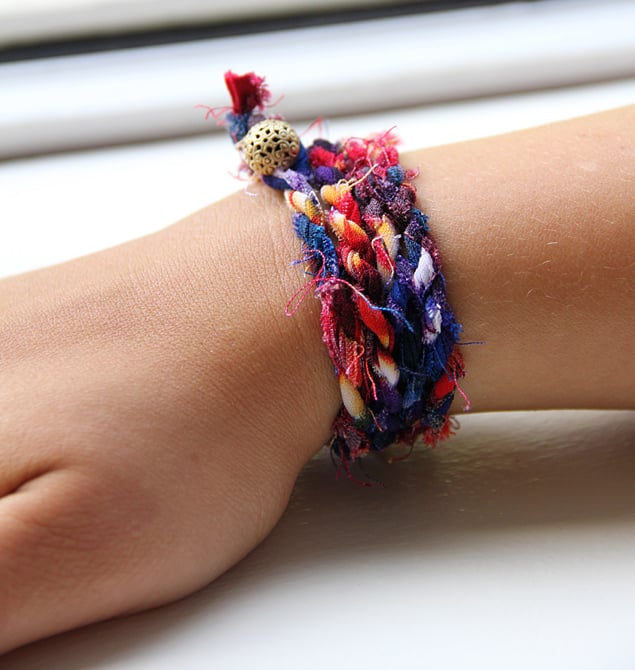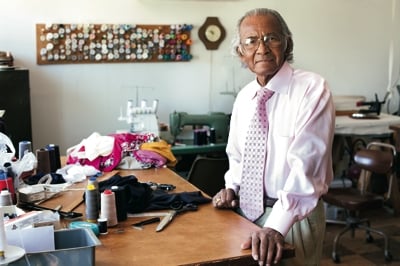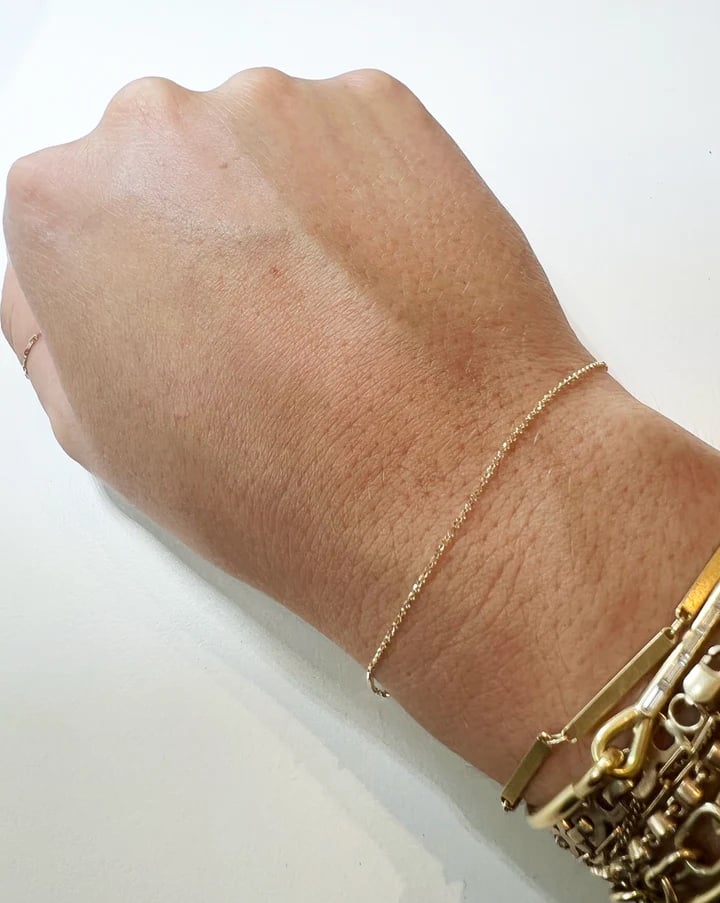As winter slowly turns to spring, you’re probably already thinking about preparing your summer skin, finding new methods to smooth and de-wrinkle it before the shorts-and-tank-top weather hits. As you consider what treatments you might want to invest in in the coming months, I wanted to share radiofrequency microneedling, which I’ve seen and discussed at recent laser and cosmetic dermatology meetings.
Although neither radiofrequency nor microneedling are new treatments since both have been used successfully in cosmetic dermatology practices for years, devices that simultaneously combine the two, using needle delivery of precise placement of radiofrequency energy, are novel and exciting. In 2014, NIH released a study showing how a microneedling fractional radiofrequency device had successfully improved the appearance of moderate and severe acne scars–which should be exciting news for anyone who had destructive acne in their younger years and still bears the marks from it today.
Radiofrequency microneedling works by utilizing tiny gold-plated microneedles so the radiofrequency energy can be delivered to targeted layers within the skin. The microneedles deliver precisely focused heat to the exact depth chosen by the physician. Once the layers of the skin have been heated, a biochemical process of collagen stimulation and tightening over the next several weeks to months begins. After a series of treatments, the skin should look smoother, tighter, and more youthful.
As is true for all cosmetic treatments, radiofrequency microneedling is not for everyone. To determine if you have a skin concern that would benefit from radiofrequency microneedling, talk to a cosmetic dermatologist who can explain all the advantages and disadvantages of this exciting new treatment.
Dr. Elizabeth Tanzi is Founder and Director of Capital Laser & Skin Care and Clinical Professor of Dermatology at the George Washington Medical Center.



















